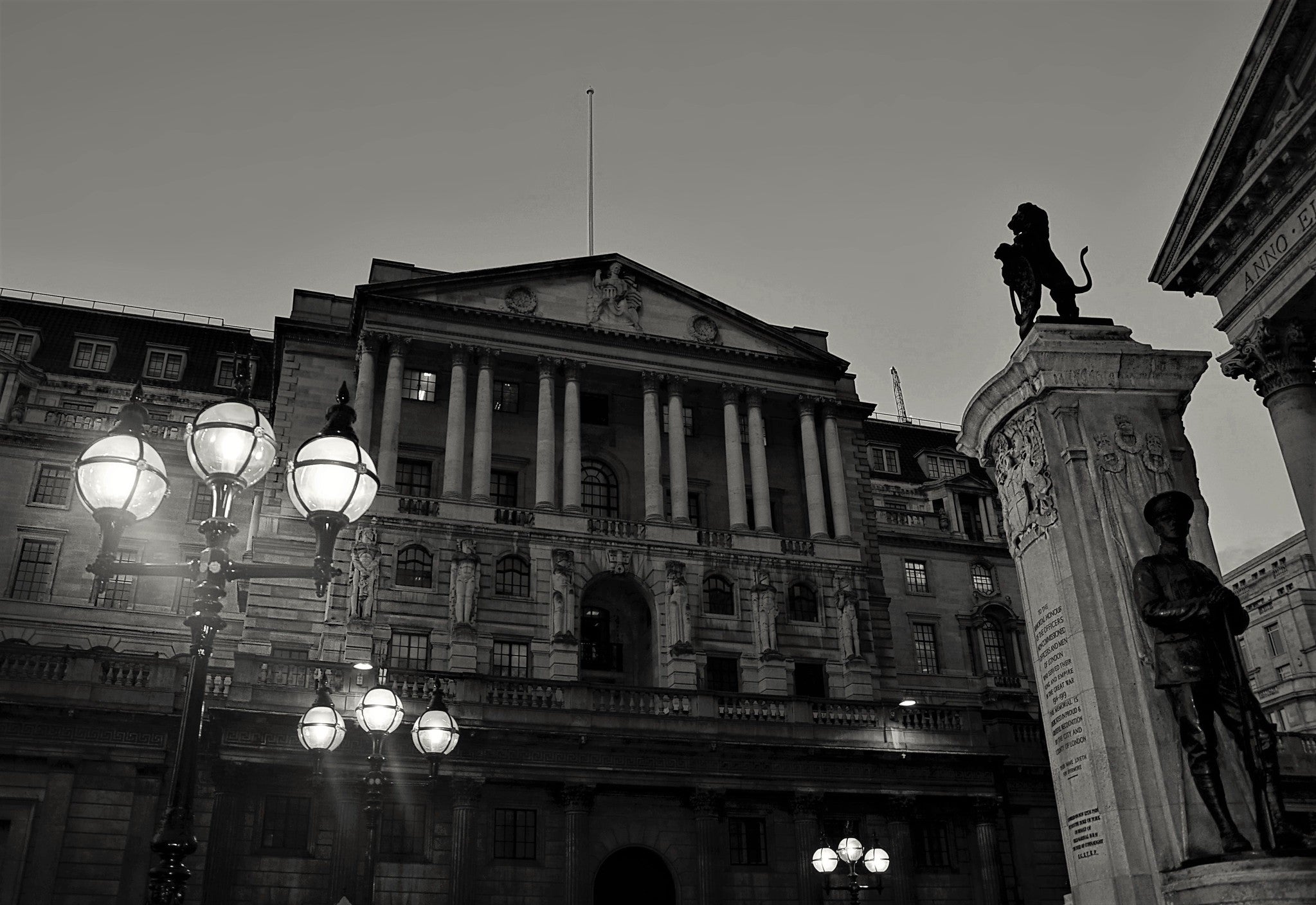
The Bank of England has concluded that major banks in the UK have enough provisions to manage their failure, overcoming the ‘too big to fail’ problem.
The central bank has published its first assessment of the eight major UK lenders’ preparations for resolution under the Resolvability Assessment Framework (RAF).

Access deeper industry intelligence
Experience unmatched clarity with a single platform that combines unique data, AI, and human expertise.
According to the BoE, if a major UK bank were to fail today, customers would be able to access their accounts and business services as normal.
During the 2008 crisis, some banks got into trouble and the authorities were left with two options: let them fail or bail them out using taxpayers’ money.
Now, shareholders and investors of the bank would be the first to bear the brunt of bailing it out of the crisis and not the taxpayers, it added.
Barclays, HSBC, Lloyds Banking Group, Nationwide, NatWest, Santander UK, Standard Chartered and Virgin Money UK fall under the scope of the RAF reporting.

US Tariffs are shifting - will you react or anticipate?
Don’t let policy changes catch you off guard. Stay proactive with real-time data and expert analysis.
By GlobalDataBank of England deputy governor for markets and banking Dave Ramsden said: “The Resolvability Assessment Framework is a core part of the UK’s response to the global financial crisis, and demonstrates how the UK has overcome the problem of ‘too big to fail’.
“The UK authorities have developed a resolution regime that successfully reduces risks to depositors and the financial system and better protects the UK’s public funds.
“Safely resolving a large bank will always be a complex challenge so it is important that both we and the major banks continue to prioritise work on this issue.”
Separately, the BoE pointed out that HSBC, Lloyds Banking Group and Standard Chartered have “shortcomings” in their resolution plan.
The BoE said these issues may complicate its ability to undertake a resolution.
The assessment will be carried out again in 2024 to review banks’ progress in addressing the issues and enhancing their resolution plan.







